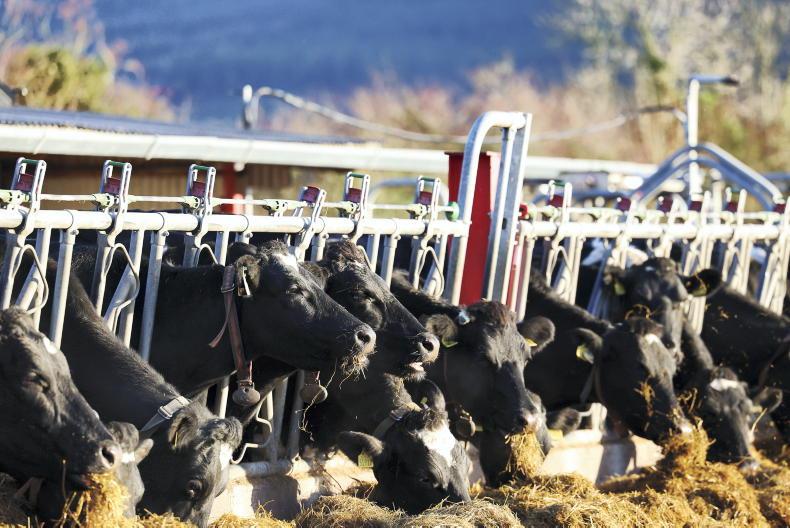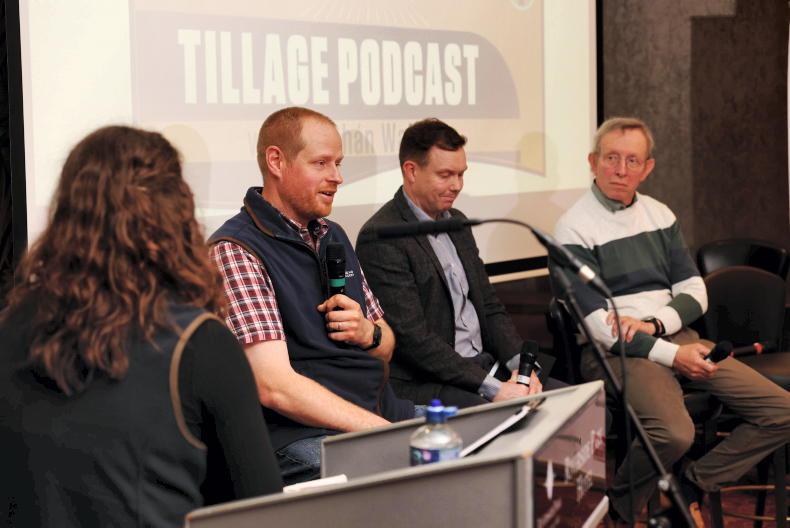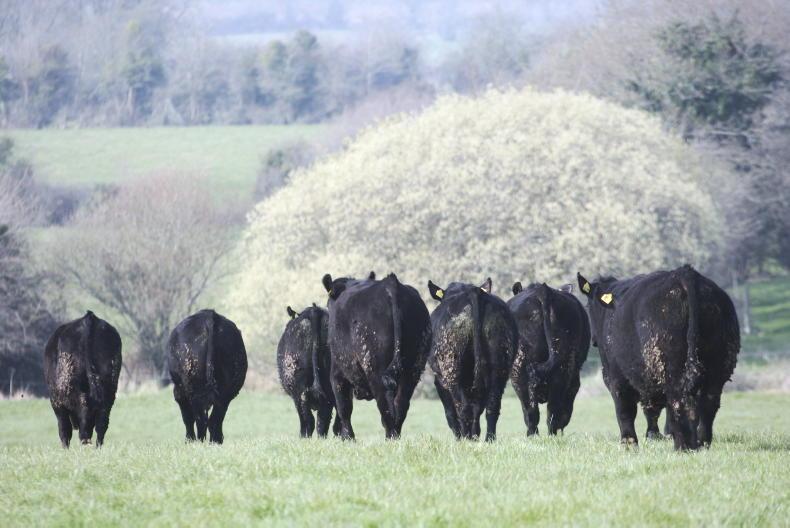Change is needed across all of agriculture if farming is to meet its environmental and sustainability goals.
This was one of the simple messages at last week’s BioFarm conference from John Geraghty, lecturer at the department of Science at Waterford Institute of Technology.
Speaking at the online event, John, who is also an agricultural consultant, stated that change at farm level takes time and it needs to be incentivised.
While there are many examples of effective policy incentives, Geraghty indicated that policies aimed at environmental improvements in farming have not done enough. This can be seen by the continual deterioration in water and air quality.
It is important that farmers have choices in the actions they take so that they too can benefit as they change how they work
“Real supports bring real benefits,” he told the webinar, but emphasised the need for flexibility as well as incentives. It is important that farmers have choices in the actions they take so that they too can benefit as they change how they work to benefit the environment.
Soil care was a central theme in many other presentations. This is seen as essential to help protect farming livelihoods and our environment. Soil care is about feeding it in a responsible way to help build microbial function.
A soil that is healthy will bring many benefits to farmers while also fulfilling more ecosystem services. A healthy soil enables better water percolation and it will clean it up as it passes through.
Frequent mention was also made of the benefits of maintaining either growing plants or residue on top of the soil
Many speakers reiterated the benefits of plant diversity above and below ground to help microbial function. Soil benefits from having a diversity of species and deep roots move organic matter deeper into the soil profile.
Frequent mention was also made of the benefits of maintaining either growing plants or residue on top of the soil. This helps protect soil structure and water percolation.
It seems that groundwater reserves are not being adequately replenished, judging by the increasing need to drill wells deeper.








SHARING OPTIONS